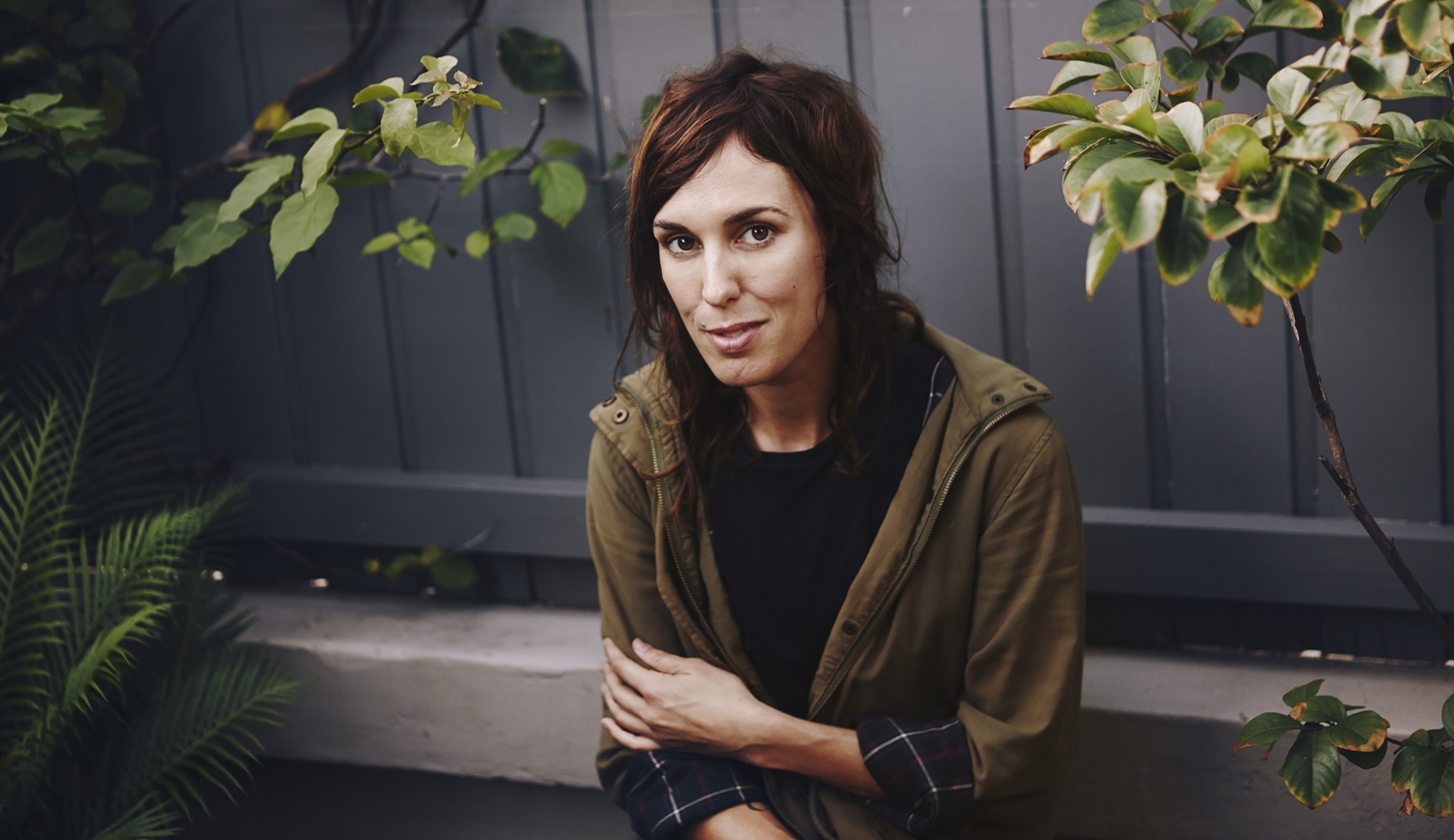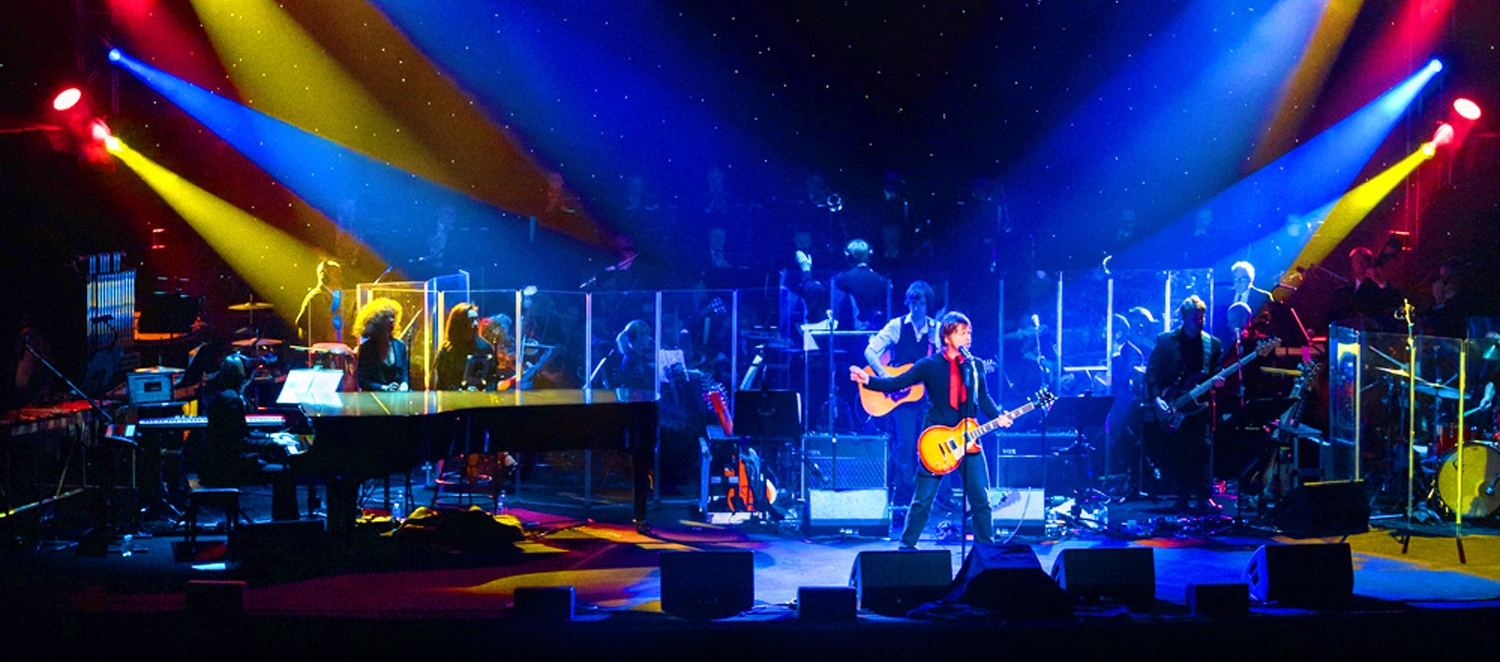“I’d never written anything as big as this. Songs tend to be three to four minutes long with a couple of verses. You’re constrained within melody and phrasing – it’s a very succinct art. You have to figure out what you want to say in a very limited space. The idea of writing prose was exciting – I could write whatever I wanted. That also comes with the anxiety of what’s worth saying – if I could say anything, what would I say? That’s when I started thinking about characters and what kind of story I wanted to tell. I realised that I wanted to write the kind of book that I would want to read personally – I was writing very specifically to my interests, so it was a combination of all these different things that I’d read and things I’d experienced.”
Goodwood takes its title from the fictional town Throsby created to centre the story of the book around. The story follows small-town teenager Jean Brown, growing up in Goodwood in the early ’90s when two of the town’s most noted citizens disappear without a trace. “A lot of it is based on spending time in places on the south coast and the southern highlands of New South Wales,” explains Throsby of the origins of Goodwood as a location. “I recorded my first album [2004’s On Night] on Saddleback Mountain, which is between Jamberoo and Kiama. A few years later, I recorded in Kangaroo Valley for my next record [2006’s Under the Town]. See!, my children’s album, and my last album Team were both recorded at this dot on the map called Wild’s Meadow, between Robertson and Burrawang. For me, Goodwood is inland from the coast – there’s a reference to Bowral, which is one of the only real towns that’s referenced in the book. I wanted it to have an every-town feel – it’s an amalgamation of a lot of the places I’ve spent time in.”
Although still on the outset of the book’s release, Goodwood has already received plenty of praise from reviewers and writing peers alike. It’s something that Throsby finds very validating, especially after having bouts of uncertainty and self-doubt regarding making the jump from music to books. “It’s amazing to me,” she says. “Songwriting is solitary, but once you start recording and performing it becomes a very public, collaborative thing. With Goodwood, I was on my own. None of my friends, none of my family, not even my partner read it before it was finished. I’m so happy that people that have read it have enjoyed it. Even if a handful of people connect with it, that’s enough for me. I’ve been especially happy to see people that I’ve never met writing really lovely and kind things about it, too.”
BY DAVID JAMES YOUNG

